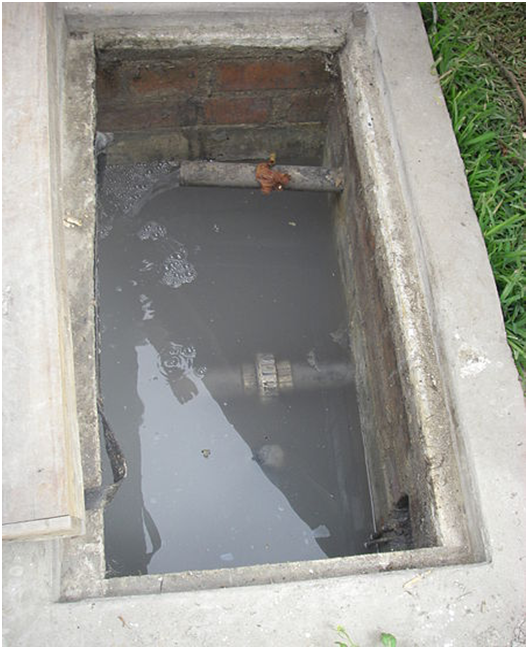Grease is a by-product from cooking that most of us probably don’t think twice about, but it’s not good news if grease gets washed down the sink. Over time, grease can create fat deposits in drains and sewers that cause blockages, unpleasant odours and even encourage pests. You can reduce this from happening by having a grease trap installed. Here are six commonly asked questions that you might have.
1. What is a grease trap?
A grease trap is, essentially, a box that’s fitted into drainage pipework. It captures fats, oils and grease from waste water poured down the sink, so they don’t enter the drainage system and cause damaging deposits known as fatbergs.
2. Who should get a grease trap?
If you serve food as a business, you’ll need a grease trap. In fact, you’ll need to have an effective grease management system in place as part of Building Regulations if you serve hot food.
There are a wide range of establishments that will require a grease trap. As well as restaurants, cafes, pubs, hotels and bakeries, places such as work canteens, schools, conference centres and food manufacturers will all require a grease trap.
According to Business Insider fatbergs are more likely to form in areas with lots of restaurants, since there’s more grease heading down into the sewers to create deposits.
3. What type of grease trap should I get?
There are various types of grease trap available, including stainless steel grease traps and those made from plastic or concrete. The type of trap you choose is also dependant on your available space, location of your sinks and how big your budget is. Always opt for the highest quality Stainless Steel Grease Traps you can afford to ensure longevity and effectiveness.
4. What size of grease trap will I need?
You can choose grease traps according to different sizes. Which size you choose depends on your daily water usage, so if you are a big catering company, a larger grease trap may be necessary.
5. How often should grease traps be cleaned?
Experts recommend you should get your grease traps cleaned about twice per year, but this depends on frequency of use.
6. How do I get my grease trap fitted?
Experts can install a grease trap for you, so you don’t need to worry about fitting it yourself.





